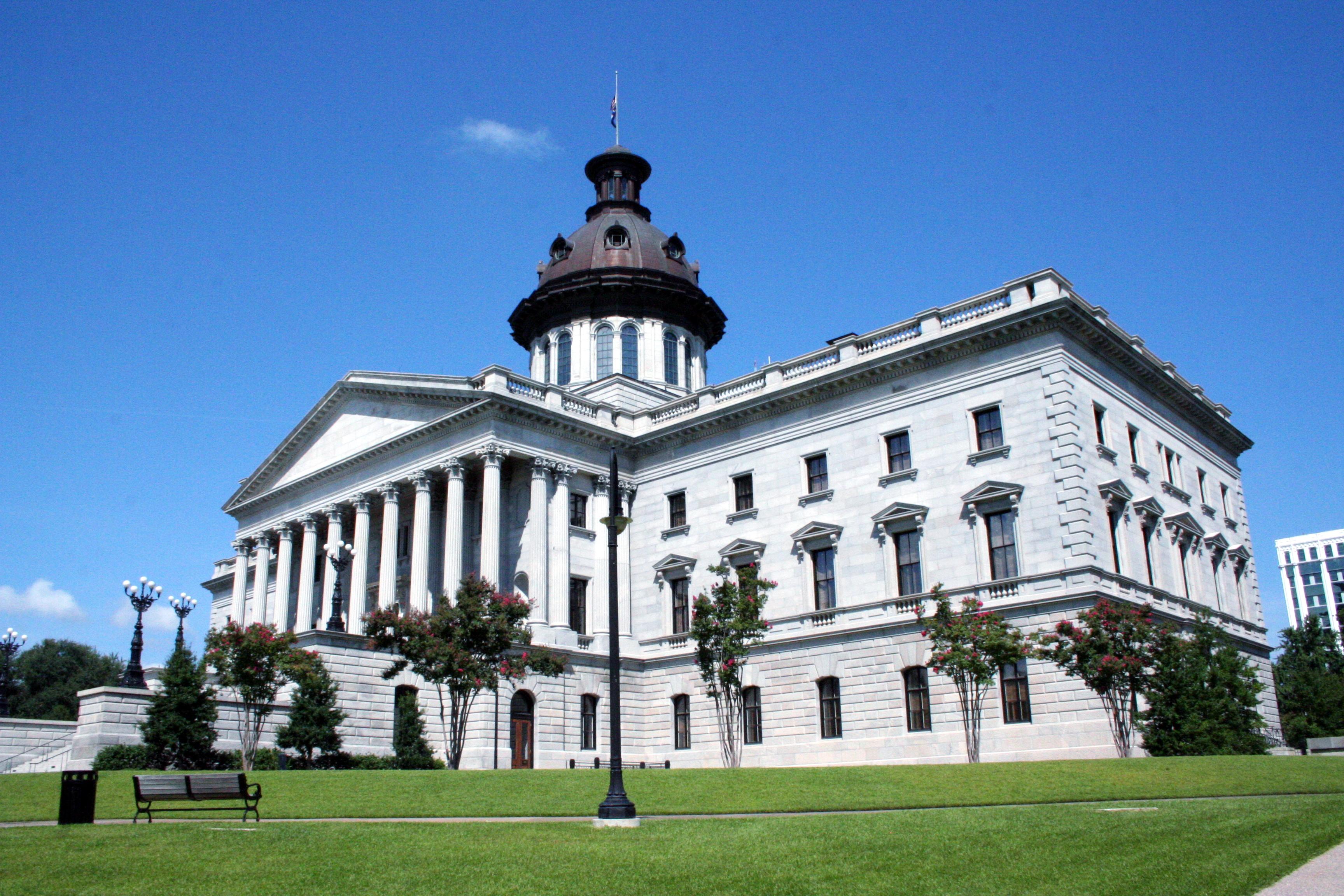Could Tax Reform Happen in South Carolina, Too?

Dr. Oran Smith
Breaking: South Carolina Could Fix Its Tax System Too
Encouraging Signs as Pope Committee Advances PPI Framework
South Carolina has made a number of valiant efforts at real, pro-growth tax reform. The Maybank TRAC Committee (2009-2010) and the Stringer GOP Caucus Committee (2011-2012) are the best most recent efforts. But despite their marathon hearings and massive reports, very few of their proposals became game-changing legislation, certainly not law.
That’s why when Speaker Jay Lucas asked Rep. Tommy Pope last year to give tax reform another go, few insiders believed much would be accomplished. The first few hearings were not encouraging. But last week, Pope and his panel began to focus the lens.
Here is our reason for optimism.
As a response to the presentation by Palmetto Promise Institute to the Committee several weeks ago, three (3) Framework for Fundamental Tax Reform priorities have risen to the top: legislative budgeting reform, income tax reform and sales tax reform. If the Pope Committee has its way, each reform would be introduced in January not just as findings of a report, but actual drafted legislation.
Taken together, this Framework (and the property tax reform that could be taken up in a second phase) represents a real chance for fairness, stability and growth. These recent ambitious steps are possible because no prior committee has ever been able to model out scenarios based on actual data to arrive at workable target percentages that accomplish the goals of a “low and broad” or “broader, flatter, fairer” system that relies on no single source of revenue too much. (In the words of Chairman Pope, a sub-goal of tax reform is to create stability by “diversifying our portfolio as a state.”)
- By legislative budgeting reform, the Committee means a biennial budget. That means adoption of separate budgets for not one, but two fiscal years at the same time. It may surprise you to know that in 1940, 44 states used a biennial budget system. Only 19 have two year budgets now. Of course, taking that same year as a benchmark, only four state legislatures held annual legislative sessions in 1940 and Alabama legislators only showed up every four years! The breakdown in 2017 is: 31 states have annual budgets and annuals sessions, 15 states (including North Carolina) have an annual session but biennial budgets, and 4 states (Texas being the only large one) both meet only biennially and adopt biennial budgets.What does this mean for you? Members of the Pope Committee felt that taxpayers were unnecessarily being asked to fund an expensive annual budget process that could be accomplished in a less costly once-every-two-years manner. Others felt that 24-month budgets (two 12-month budgets) would have the ameliorative effect of forcing state officials to shift from a reactive mode to a planning mode. Other companion reforms mentioned were creation of a joint Senate-House Appropriations Committee, a Revenue Committee, or separate Senate and House Budget Committees, all on the federal model.
- By income tax reform, the Committee gravitated immediately to the Palmetto Promise proposal presented at the previous meeting: getting down from our current 7% to a 5% rate. For comparison, according to our friends at The Tax Foundation, NC’s tax rate is 5.499% (a cut for 2017) and GA’s is 6%.What does this mean for you? Some experts will advise the Committee that getting down to 5% will be a challenge to remain “revenue neutral,” but the research of PPI Economist Dr. Rebecca Gunnlauggson makes it clear that 5% can be and should be the target—a sure magnet for wealth as we directly challenge the states on our western and northern borders.
- By sales tax reform, the Committee has the goal of reducing the sales tax from a statewide rate of 6% to the PPI recommendation of 3%.
What does this mean for you? To get to 3%, removing most exemptions and taxing services will be required. Every recent state tax study has suggested one or both reforms. Our new economy relies on services more than goods. To be stable, the tax code of the future should take this into account and “even the burden” rather than “raise the burden.” To get to “broader, flatter, fairer,” exemptions and taxed services could be phased-in and through triggers to move forward in steps. Another approach to exemptions receiving traction is to “sunset” ( let die) all tax exemptions and require those receiving them to reapply. Companion legislation would also need to require that local sales tax (non-hospitality tax) be reduced by half as well to protect taxpayers and prevent a local revenue windfall.
The Bottom Line: There is a growing optimism about South Carolina tax reform. Yes, 2018 is the second year of a two-year session. Yes, the VC Summer Nuclear meltdown and budget-crafting will dominate a shortened session. But, 2018 is important for making adjustments to ambitious proposals based on the recently-passed federal reform and building support for real reform.
The Pope Committee is giving the Ways & Means Committee a running start for 2019 with defensible numbers and a succinct agenda. Palmetto Promise, through our economist Dr. Rebecca Gunnlauggson, has been honored to be a part of this progress.
Stay tuned for how you can help get prosperity-inducing tax reform to the finish line!




